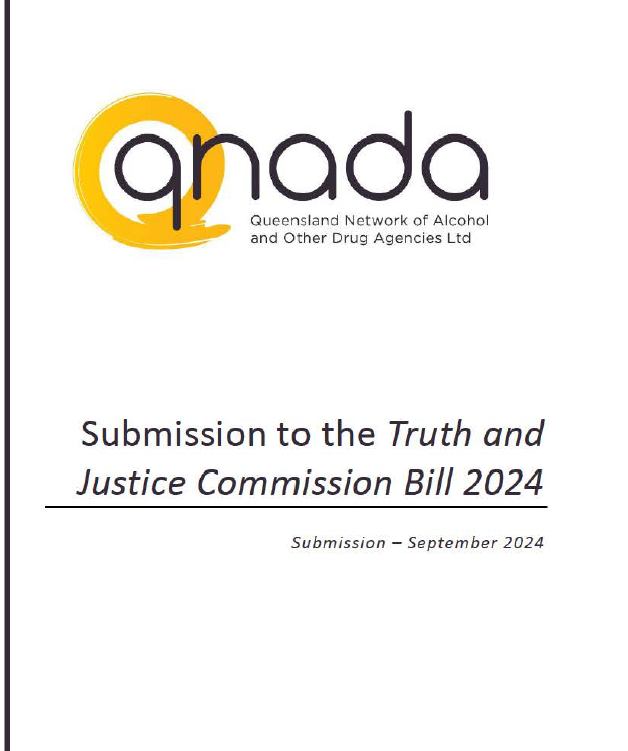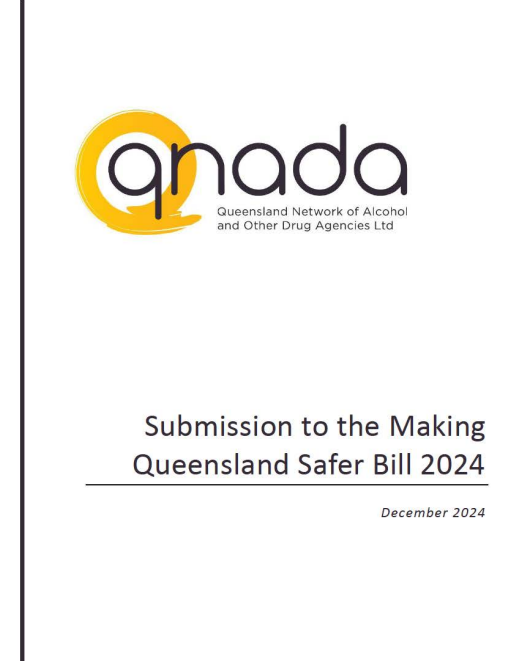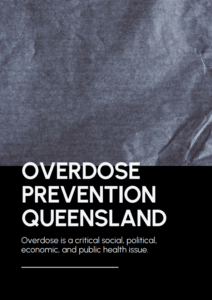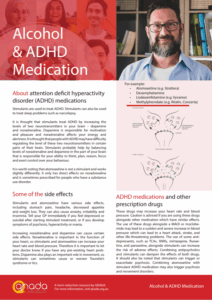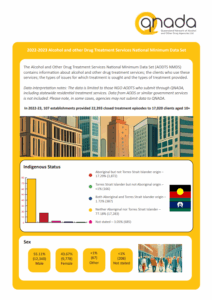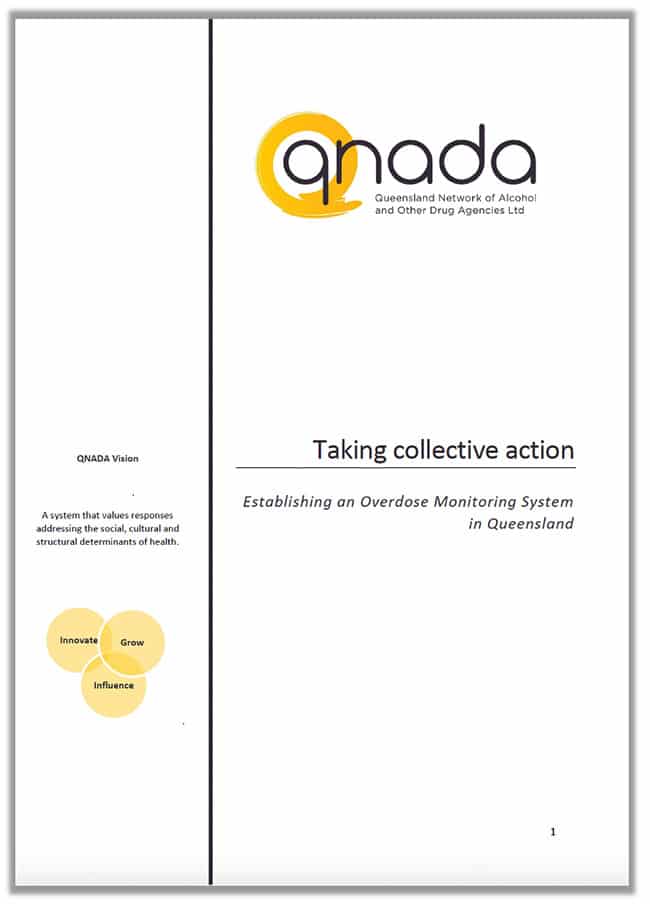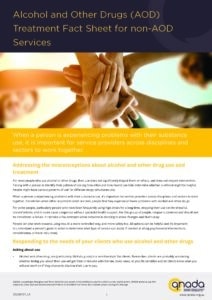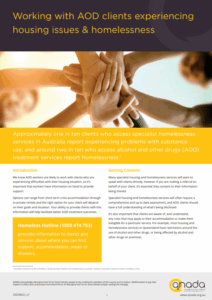Submission to the Truth and Justice Commission Bill 2024
QNADA recently made a submission to the Submission to the Truth and Justice Commission Bill 2024. Overall, we supported the bills intention to recognise the important role that truth telling and accountability for government actions in progressing reconciliation with Aboriginal and Torres Strait Islander peoples.
Within the submission we:
- Reiterated the importance of the Closing the Gap which, according to the 2024 Productivity Commission Review, has been plagued by large scale inaction by government and non-government bodies alike
- Recommended that the Commission commit to diversity within the membership. Sistergirl and Brotherboys, young people, people with disability, people who use drugs and people removed from their families both by the stolen generations and as a result of the institutionally racist Child Protection system must be included and represented on the Commission.
- Argued that drug laws, policies, and practices disproportionally effect Aboriginal and Torres Strait Islander people across the Country and that the targeted criminalisation of indigenous communities has generational impacts on children and young people.
You can read the full submission here.
